Why statins make you hurt
Before we just go on today’s topic, in order to help your clients keep healthy from optimal (not “adequate”) vitamin D levels, I have attached a patient education sheet on how to get vitamin D from natural sun exposure.
It looks like this:
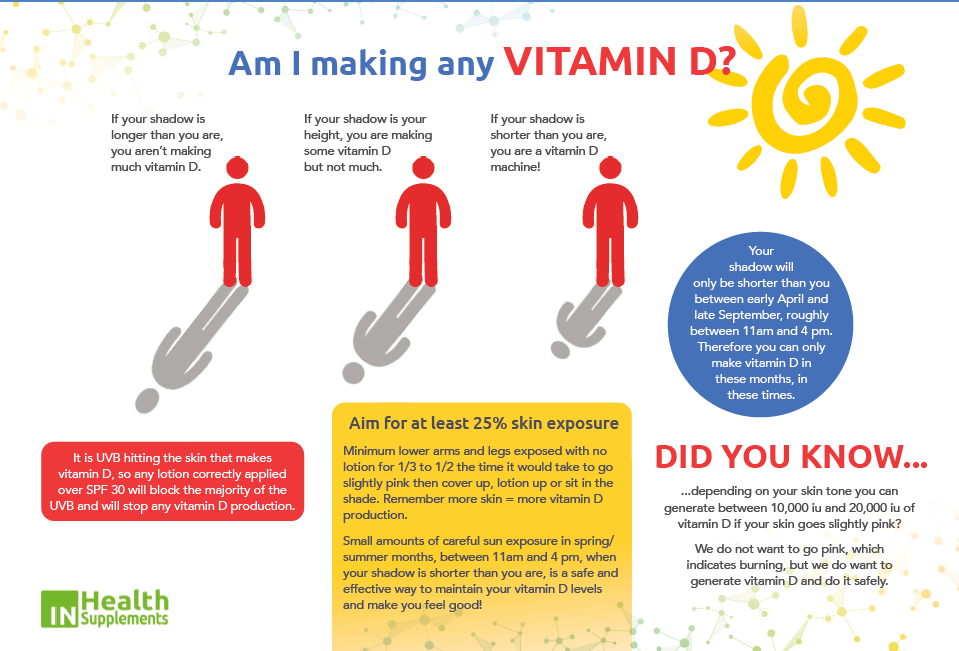
It explains in easy pictures and text how to get natural sunlight for vitamin D production and addresses the most common misunderstandings. Print it and laminate, then leave it in reception and in treatment rooms. I will have an A3 version available next week also.
If you haven’t already tried the Vitamin D3/K2 sublingual we have created, you can grab some here:
Evolutionary congruent with both forms of K2 (MK7 and MK4) with 4000IU of vitamin D3, also delivered with a superior proven delivery system.
Remember the Crohn’s patient we tested?
He was on 4000IU liquid for years and we swapped to our sublingual and it went up by 22 nmol/L, to do that would require an additional 2700IU of liquid.
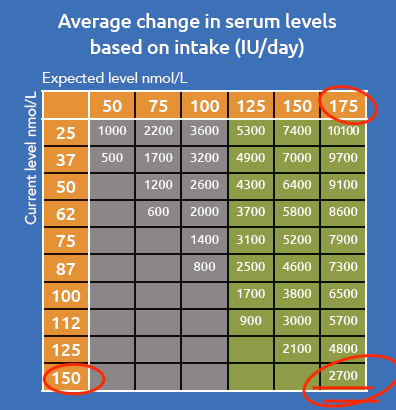
Which means the 4000IU sublingual is the same as 6700IU liquid.
Evidence based supplements at their best.

So to today’s lesson, we all love theory, but what we need to deliver is results. To get real results, we have to live in reality, not theory.
Now the pharmaceutical industry and by proxy the medical profession love the theory that high cholesterol causes heart disease/heart failure and death.
But what patients really want is results based in reality, here lays the issue.
Statins inhibit a enzyme called HMG-Co A reductase, that is upstream of cholesterol, thus reducing the downstream production of cholesterol. Note approx 80-90% is made in the liver, with only 10-20% eaten, hence why low fat diets rarely have any impact on cholesterol levels.
The issue is the product of the enzyme not only gives the precursor to make cholesterol but also another key energy producing enzyme called Co-Q 10 (also known as Ubiquinone)
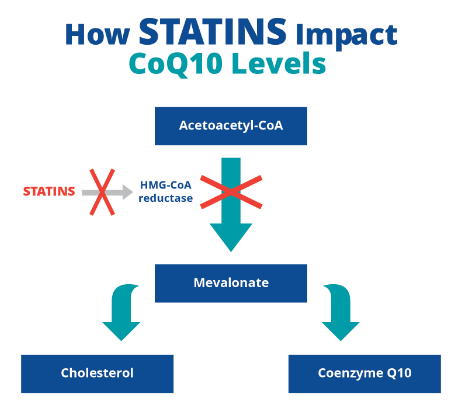
Co-Q 10 plays a critical role in the energy cycle, specifically the electron transport chain, the biochemistry of which is sodding complex but basically it helps pass electrons around which make energy and without it……you make less energy.
As we get older, we tend to make less.
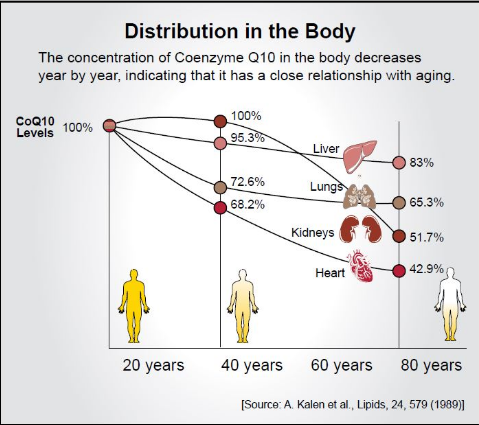
And note it is high energy demanding tissues that tend to have most Co-Q10 in them.
So when we take a statin and block the production of Co-Q 10 it can lead to symptoms of reduced energy production and muscles have such high demands they are going to feel it.
This is the basis of so many of the symptoms statins generate, plus nerves, plus kidney, plus brain.
So are we sure statins reduce Co-Q 10? Yes

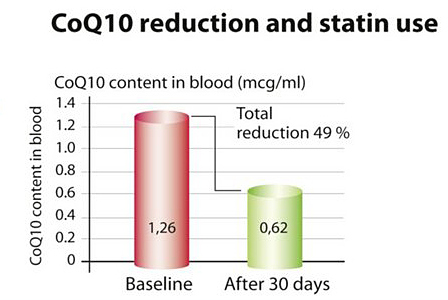
I can measure this on organic acid tests with one to one clients, looking for elevations of HMG (it didn’t get converted so builds up)
![]()
This patient was an uncontrolled type 2 diabetic on three diabetes meds while happily shoving in ginger biscuits and booze.


With reduced Co-Q 10 he also couldn’t metabolise the sugar properly, which left him with even less energy plus a sky-high level of lactate.
Think lactic acid in muscles after a lot of exercise, he could not walk very far without terrible muscle pain.

Thus his exercise levels were very low, thus his diabetes got worse.
With low energy he ate quick fixes like biscuits, thus his diabetes got worse.
And the vicious cycle got worse and worse with more and more drugs.
And riddle me this, if you have disease or even heart failure would you want less cellular energy for your heart, the hardest working muscle of all or more……?
Yup, me too.
Check this out


Maybe Co-Q 10 levels could even predict mortality in heart failure….


Theory: Statins reduce cholesterol, which reduces risk of death from heart disease/failure.
Reality: Statins reduce Co-Q 10 which can lead to less energy, which can lead to higher rates of heart failure and death via multiple effects.
To be fair, the evolution of heart issues is complex, with many factors in play, but simply reducing cholesterol with statins has very little benefit in real terms in those with no previous heart issues.

Even for those with a previous heart attack, the benefits are remarkably small.
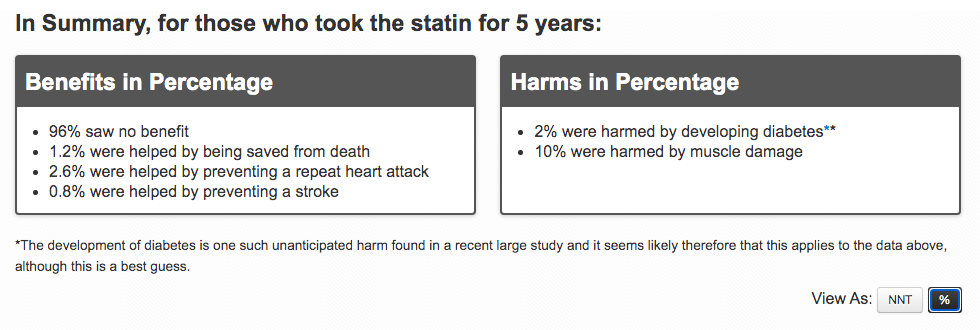
ACTIONS TO TAKE:
– If your patients are on statins, a Co-Q 10 supplement is a good option but sadly clinically, this does not always stop the side effects. The only way to truly know is a short period of abstinence from the statin.
– Use the nnt website https://www.thennt.
– And the James Le Fanu book to educate your patients.
